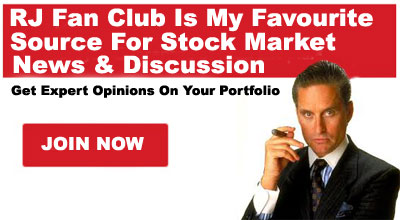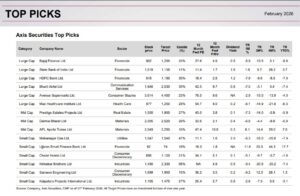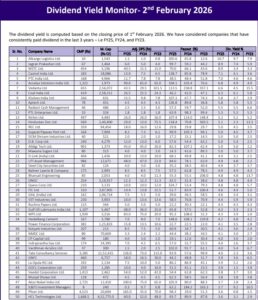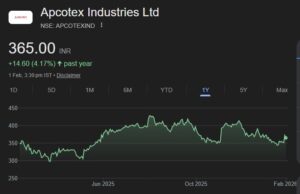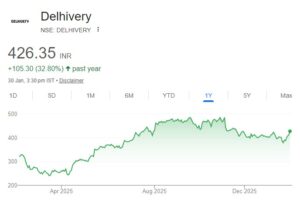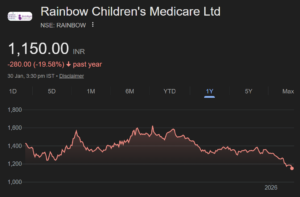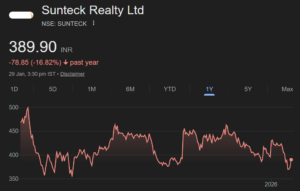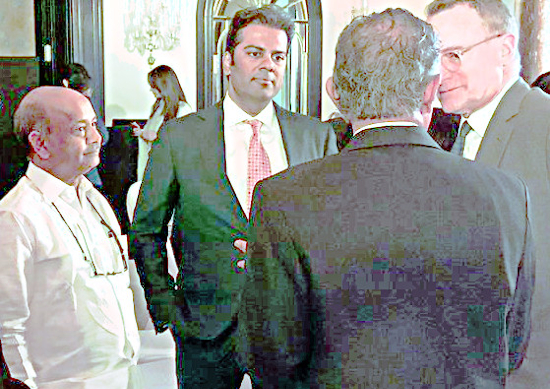
Howard Marks’ Memos are the first thing I read: Warren Buffett
Howard Marks has a penchant for periodically writing ‘Memos’ on esoteric investing concepts.
These memos are non-negotiable reading for us because Warren Buffett has himself given them a clean chit.
“When I see memos from Howard Marks in my mail, they’re the first thing I open and read. I always learn something,” the World’s greatest investor has said, certifying to their utility.
However, other thinkers like Porinju Veliyath have advised that we cannot confine ourselves to the Memos but have also to “feel the pulse” of reality.
Investors should also scan Economy, watch Politics & feel the pulse of India – reading Howard Marks Memos & Berkshire ARs may not be enough!
— Porinju Veliyath (@porinju) March 4, 2017

(Radhakishan Damani and Howard Marks discuss investing techniques)
Be scared while investing
“From the very beginning of my investing career, I’ve felt a sense of uncertainty,” Howard Marks has candidly admitted in his latest memo.
He has explained that “being scared” is the same concept as “applying appropriate risk aversion”. It forces the investor to do thorough due diligence, employ conservative assumptions, insist on an ample margin of safety in case things go wrong, and invest only when the potential return is at least commensurate with the risk.
“Worry sharpens your focus. Investing scared will result in making fewer mistakes,” he has added.
It is notable that a similar concept was formulated by Nassim Taleb, a thinker who is also held in reverence by intellectuals.
“Only the paranoid survive,” Taleb has declared.
“When paranoid, you can be wrong 1000 times & you will survive. If non-paranoid; wrong once, and you, your genes, & the rest of your group are done,” he said.
When paranoid, you can be wrong 1000 times & you will survive.
If non-paranoid; wrong once, and you, your genes, & the rest of your group are done.It's a yuuuge mystery that academics who deal w/risk, "rationality", subforecasting & superforecasting fail to get it.
— Nassim Nicholas Taleb (@nntaleb) February 24, 2020
In fact, at the beginning of the CoronaVirus pandemic, some paranoid investors panicked early and dumped all of their holdings.
No doubt, the paranoid have been spared of the carnage that the rest of us were subjected to.
Was extremely stressed and sold all my stocks 6 weeks ago, my friends thought i was strange for sending them alarmist messages.
Now i'm prepped and relatively relaxed.— αlpha-Minus (@AlphaMinus2) March 9, 2020
Good on ya!! Likewise, I moved the entire portfolio to cash in January ? Then on Feb 12, I moved back in buying puts in air and cruise lines… They thought I lost my marbles… now I’m the one with marbles! ?
— Colin Stephen (@danapointcap) March 9, 2020
Was stressed because my friends were buying stock and making good profit. Did not buy any due to fear of an eminet crash. Was right in the end. Funny thing is the last stock I though on buying went up 140% in the last 4 months, a healthcare co. with aggressive leadership.
— Daniel (@danielsouzat) March 9, 2020
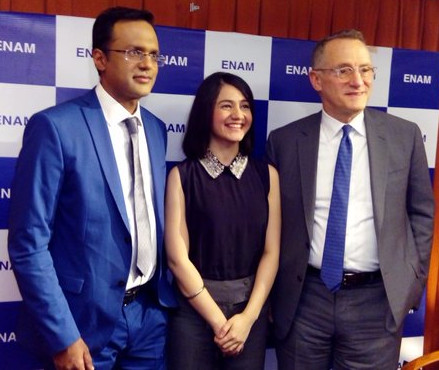
(Nikunj Dalmia and Tanvir Gill with Howard Marks)
Admit you know nothing
Most people, including raw novices, are loath to admit that they know nothing about anything.
Howard Marks has advised that we should develop the quality of “intellectual humility“.
“Intellectual humility means saying “I’m not sure,” “The other person could be right,” or even “I might be wrong.” It is an essential trait for investors,” he has said.
Incompetent people are at a double disadvantage, since they are not only incompetent but also likely unaware of it.
“They don’t know they don’t know”.
“True experts, unlike charlatans, express themselves in a way that mirrors their limitations,” he has added.
Howard Marks also quoted the immortal words which Voltaire said 250 years ago: “Doubt is not a pleasant condition, but certainty is absurd“.
“No statement that starts with “I don’t know but . . .” or “I could be wrong but . . .” ever got anyone into big trouble. If we admit to uncertainty, we’ll investigate before we invest, double-check our conclusions and proceed with caution. We may suboptimize when times are good, but we’re unlikely to flame out or melt down. On the other hand, people who are sure may dispense with those things, and if they’re sure and wrong, as the quote suggests, the outcome can be catastrophic,” he has correctly advised.
If this pandemic has taught us one thing it’s that no one knows shit about anything.
— Ramp Capital (@RampCapitalLLC) May 24, 2020
Great investments are born in discomfort
Howard Marks has advised us not to be scared by discomfort and uncertainty but to embrace it.
“Establishing and maintaining an unconventional investment profile requires acceptance of uncomfortably idiosyncratic portfolios, which frequently appear downright imprudent in the eyes of conventional wisdom,” he has said.
“To do better than most, you have to depart from the crowd. All great investments begin in discomfort, since the things everyone likes and feels good about are unlikely to be on the bargain counter,” he has added.
Marks has also pointed out that to invest in things that are out of favor – at the risk of standing out from the crowd and appearing to have made a big mistake – takes confidence and resolve.
“It also requires confidence to hold onto a position when it declines – and perhaps add to it at lower prices – in the period before one’s wisdom becomes clear and it turns into a winner. And it takes confidence to continue holding a highly appreciated investment you think still has upside potential, at the risk of possibly giving up some of the gains to date“.
Don’t turn confidence into hubris and obstinacy
Marks has cautioned us to bear in mind the difference between “reason-based confidence” and “hubris/ obstinateness“.
Holding and adding to declining positions is only a good idea if the underlying thesis turns out to be right and things eventually go as expected. We must allow for the possibility that we are wrong in our investment hypothesis, he has advised.
